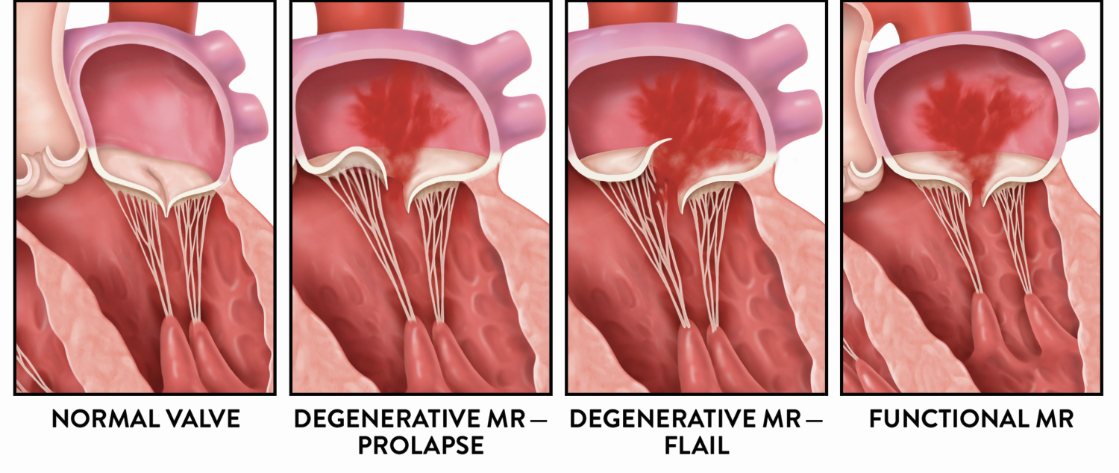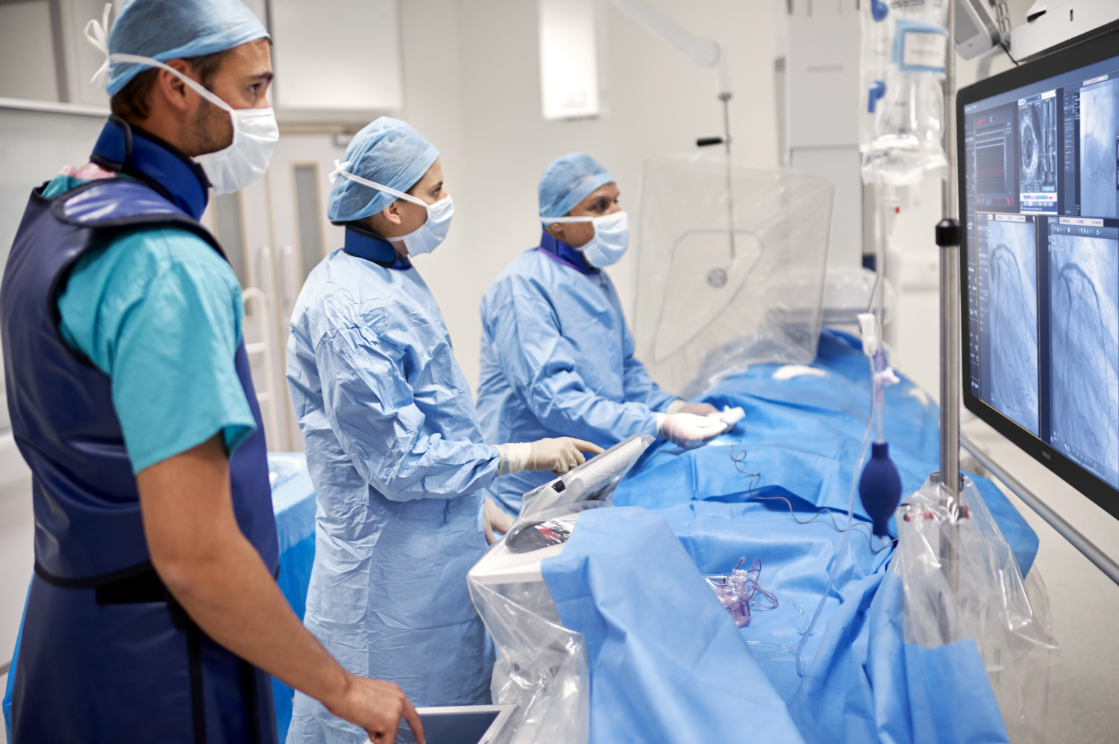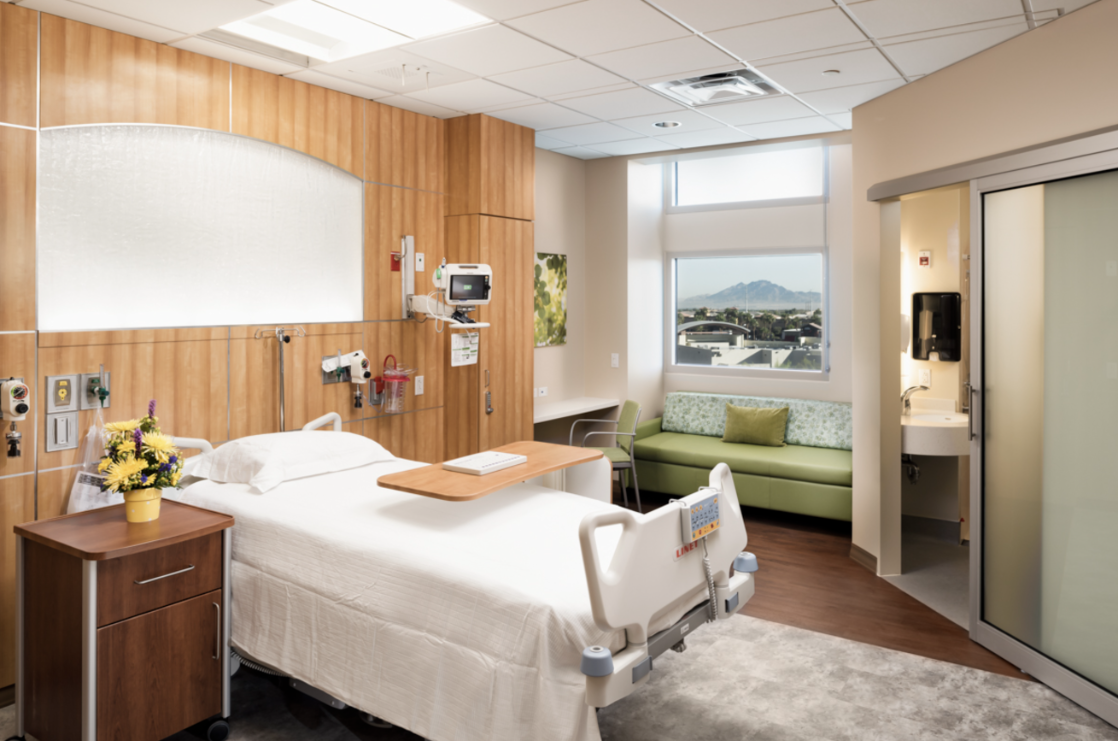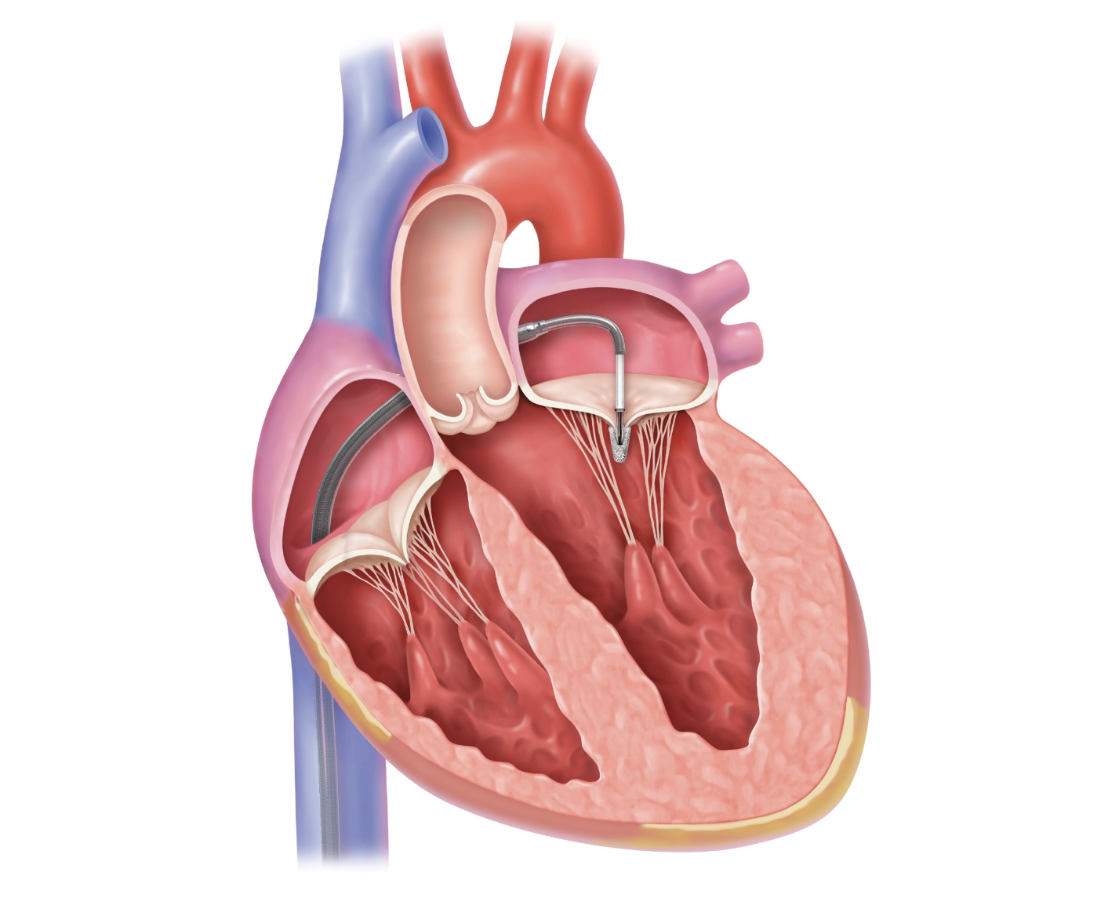Minimally Invasive Transcatheter Edge-to-Edge Repair (TEER) or MitraClip Procedure in Henderson
TEER or MitraClip is a simple procedure to fix the mitral valve in your heart. Doctors perform this procedure on patients experiencing Mitral Regurgitation (MR), also known as a leaky valve, which is when one of the valves in the heart, called the mitral valve, does not close properly. Instead, the valve leaks, allowing blood to flow back into the heart. When this happens, the body may not get the oxygen it needs. Some people are born with a problem in the mitral valve. For many others, it can develop because of wear and tear or damage from a heart attack or heart surgery.
In some cases, people with a leaky valve may never experience symptoms of heart failure. But over time, heart failure can worsen when the heart is unable to pump enough blood to meet the body’s demands. Here are important signs to recognize and discuss with your doctor.
- Shortness of breath
- Fatigue
- Dry, hacking cough
- Excessive urination
- Fainting
- Swollen feet or ankles
- Inability to exercise
- Decrease in appetite









